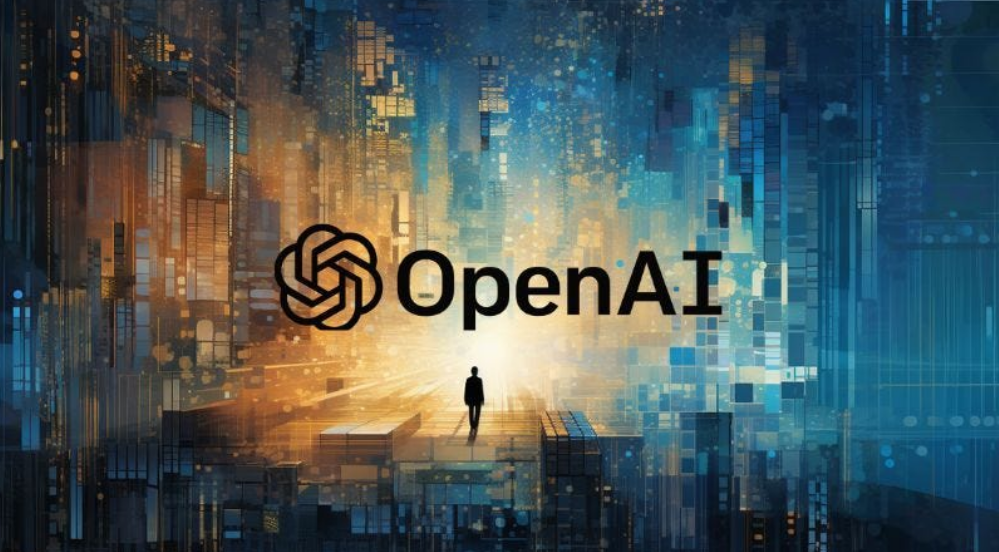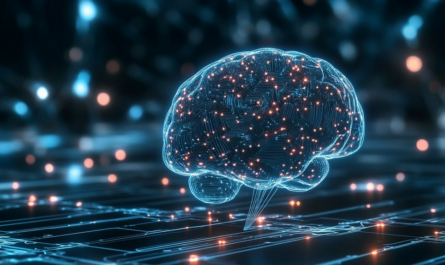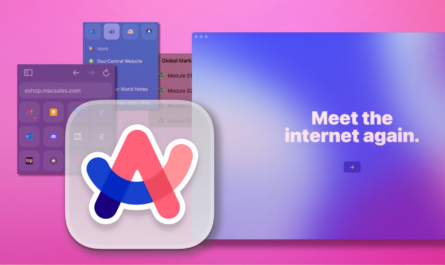OpenAI’s upcoming Orion model is generating excitement, but recent reports suggest the AI may face development hurdles and deliver only modest improvements compared to earlier iterations like GPT-4. While Orion shows incremental progress, the limited gains highlight potential slowdowns in the pace of large language model (LLM) development.
Orion’s Performance: Small Steps Forward
Internal testing indicates that Orion slightly outperforms GPT-4, but the improvements are subtle—comparable to the leap between GPT-3 and GPT-4. Some analysts note that Orion may also be more expensive to train and deploy, which could diminish the practical benefits of these marginal gains.
Interestingly, Orion’s performance appears weaker in specialized areas, particularly coding and technical tasks. This suggests that while the model is evolving, the rate of improvement is slowing, and simply increasing the model size no longer guarantees dramatic performance boosts.
Data Scarcity: A Major Development Barrier
A key challenge facing OpenAI is the limited availability of high-quality training data. LLMs require vast amounts of text to understand context, language patterns, and reasoning, but the publicly accessible datasets—including books, websites, and research papers—have largely been exhausted.
This scarcity impacts Orion’s performance in specialized fields like coding, technical writing, and professional content creation, where high-quality data is critical for accurate results. The limited availability of new, reliable data is slowing the pace of meaningful advancements in LLM capabilities.
Innovative Approaches to Overcome Data Limits
To address these challenges, OpenAI has reportedly established a dedicated foundation team to explore alternative strategies for training the Orion model. Key initiatives include:
-
Synthetic Data Training: By generating artificial data, OpenAI can expand the model’s exposure to rare scenarios and underrepresented examples, improving task comprehension and performance without relying on existing public datasets.
-
Post-Training Enhancements: Techniques such as fine-tuning, reinforcement learning from human feedback (RLHF), and adaptive updates allow the AI to improve on specific tasks even with limited additional training data.
Despite these measures, analysts caution that the overall gains may remain incremental, indicating that the AI industry may need new training paradigms or proprietary data sources for future breakthroughs.
Delays and Timeline for Orion
The development hurdles have contributed to delays in OpenAI’s broader AI roadmap. For instance, rumors about a December release of ChatGPT-5 were recently dismissed by OpenAI CEO Sam Altman, who labeled them “fake news.”
Altman confirmed, however, that OpenAI’s AI models will continue to evolve, indicating that improvements are coming, but not on the rapid timeline some anticipated. The combination of data scarcity, high computational costs, and the complexity of large models has led to a slower rollout schedule.
Industry Implications
Orion’s challenges reflect a broader trend in the AI sector: the rapid early-stage gains from LLM development are tapering off. Early improvements, such as the leap from GPT-2 to GPT-3, were dramatic. Now, as models grow larger, marginal returns on performance diminish.
This slowdown could affect several key areas:
-
Development Costs: Training massive models with limited gains increases financial pressure on AI developers, potentially slowing investment in new projects.
-
Proprietary Data Use: Companies may increasingly seek exclusive, high-quality datasets to maintain a competitive edge, rather than relying on freely available public sources.
-
Efficiency over Size: Research focus may shift toward task-specific optimization, making AI more efficient and reliable rather than merely larger.
-
Enterprise Adoption: Businesses relying on AI-powered solutions may need to adjust expectations regarding performance improvements in new LLM releases.
The Future of OpenAI Models
OpenAI’s work on Orion represents a dual focus: enhancing AI capabilities while addressing data and cost constraints. The company is exploring methods to:
-
Improve performance in specialized domains like coding, research, and content creation.
-
Reduce training costs while maintaining or slightly improving performance.
-
Leverage synthetic data and post-training optimization to compensate for the lack of high-quality public datasets.
Experts suggest that OpenAI may also pursue partnerships or proprietary datasets to overcome these limitations, ensuring future models can achieve more substantial performance gains.
What This Means for Users and Developers
For AI enthusiasts, developers, and businesses, the key takeaway is that future LLM improvements may be more incremental rather than revolutionary. Users can expect enhanced efficiency, better task-specific performance, and more reliable outputs, but dramatic leaps like those between GPT-2 and GPT-3 may be harder to achieve.
Orion also highlights the importance of responsible AI deployment. With slower improvement rates, companies may focus more on practical applications, fine-tuning for specific industries, and efficiency gains, rather than aiming for generalized, all-purpose AI.
Conclusion
OpenAI’s Orion model demonstrates modest improvements over GPT-4 but faces significant challenges due to data scarcity, rising costs, and domain-specific limitations. The incremental nature of its progress underscores a maturing phase in LLM development, where gains are increasingly reliant on innovative training methods and proprietary datasets.
While Orion may not deliver revolutionary performance increases, OpenAI continues to advance AI capabilities. CEO Sam Altman confirms that the company is focused on improving task-specific efficiency, synthetic data training, and post-training optimization, providing a path forward for both consumers and enterprises.
As the AI landscape evolves, stakeholders should anticipate smaller, targeted improvements, rather than massive leaps, while preparing for the practical applications of next-generation LLMs across coding, content creation, and enterprise solutions.




